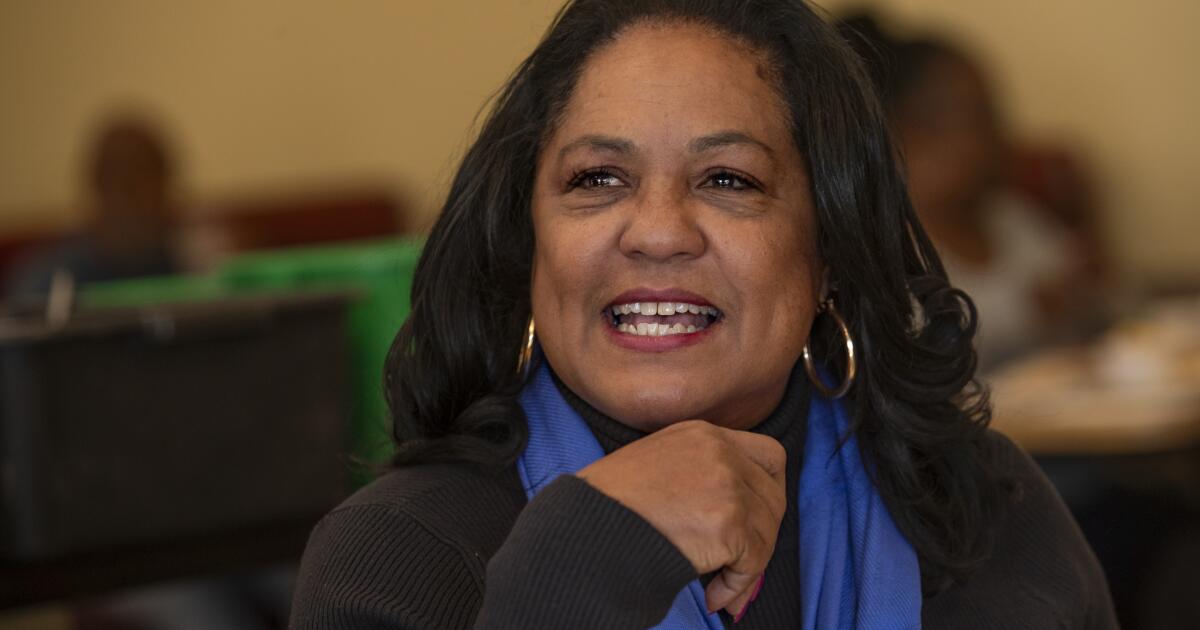New York state could generate billions of dollars in new economic benefits if it provides all asylum-seekers, migrants and others facing possible deportation with their own lawyer, according to a new report from New York City’s comptroller.
Comptroller Brad Lander, a Democrat, said the move would prevent the deportation of up to 53,000 people statewide, resulting in an “estimated net benefit of $8.4 billion for the federal, state, and local governments” — based on projected new tax revenues over 30 years, minus outlays for services.
“Access to work authorization leads to higher wages,” the comptroller’s report said. “The higher earning power generates more tax revenue. Higher personal income also benefits the economy through increased consumer spending.”
The findings come as New York City grapples with an influx of some 180,000 migrants — most of whom are asylum-seekers — that began arriving nearly two years ago. The city’s Independent Budget Office estimated earlier this month that the cost of sheltering and caring for the new arrivals would reach $10.5 billion by June 2025.
While Lander’s report did not include an estimate for the cost of providing the legal help, one of its footnotes referenced talking points by the Campaign for Access, Representation, and Equity (CARE) for Immigrant Families, which put the tab at $150 million in fiscal year 2025.
If you get people the ability to work, we don’t have to worry about the cost of housing or other services to the state.
The CARE website describes itself as a “broad coalition of elected officials, advocacy organizations, and impacted families” backing state legislation guaranteeing legal representation to immigrants at risk of deportation. Lander endorsed the Access to Representation Act, which has been introduced in the state Assembly and Senate.
State Assemblymember Catalina Cruz, a Queens Democrat and sponsor of the legislation, said the upfront cost of providing legal services to thousands of immigrants would be recouped in other ways.
“If you get people the ability to work, we don’t have to worry about the cost of housing or other services to the state,” Cruz said.
But Assemblymember Michael Reilly, a Republican who represents Staten Island, said he opposed the legislation because it would lure migrants — “knowing that they’ll get legal representation paid for” — to the state.
“I think it’s just another beacon that will draw people to New York that are here illegally,” he said.
Ken Girardin, research director at the Empire Center for Public Policy, a conservative think tank based in Albany, said it was unclear if the state Legislature would fund such an initiative.
“I can’t speculate on the accuracy of the cost estimate, but with the state facing significant outyear budget gaps, there’s little room for new programs,” Girardin said.
Economics of migration
Numerous studies have demonstrated that migration benefits the national economy. Data released in February by the federal Department of Health and Human Services shows that asylum-seekers and refugees had “a positive net fiscal impact on our national economy, contributing $123.8 billion to federal, state and local governments.”
Still, the representation legislation comes during an election year where immigration is a focal point in many state and national races. Congress has not agreed on any significant immigration reforms in decades.
I think it’s just another beacon that will draw people to New York that are here illegally.
Marlene Galaz, director of immigrant rights policy at the nonprofit New York Immigration Coalition, said immigrants who have lawyers are over 10 times more likely to win their cases than those without counsel.
“So representation makes a huge difference,” she said.
Immigrant rights advocates said that if the Access to Representation Act is enacted, it would build on existing state- and city-run programs.
According to a December report by Syracuse University’s Transactional Records Access Clearinghouse, 49% of the people with a case in New York immigration court were represented by attorneys — the third-highest rate of legal representation of any state, only behind Hawaii and California.
Currently, New York allocates less than half the amount of money that advocates for universal representation are seeking.
Shaynna Kessler, associate director for advocacy for the nonprofit Vera Institute’s Advancing Universal Representation initiative, said the state provided $63 million for immigrant legal services under its fiscal year 2024 budget. Citing figures from TRAC, she said respondents lacked representation in nearly 200,000 immigration cases, out of a total 357,000 pending cases in state courts as of February.
“There’s a huge gap that still needs to be filled,” Kessler said.
The future of the Access to Representation Act remains uncertain, and Maggie Halley, a spokesperson for Gov. Kathy Hochul, said she couldn’t comment on pending legislation.
“The governor will review all legislation that passes both houses,” Halley wrote in an email.





















+ There are no comments
Add yours